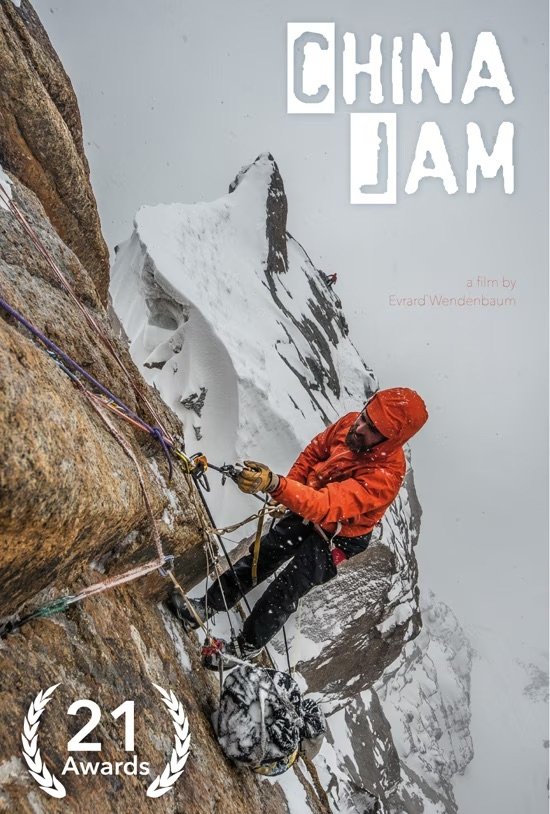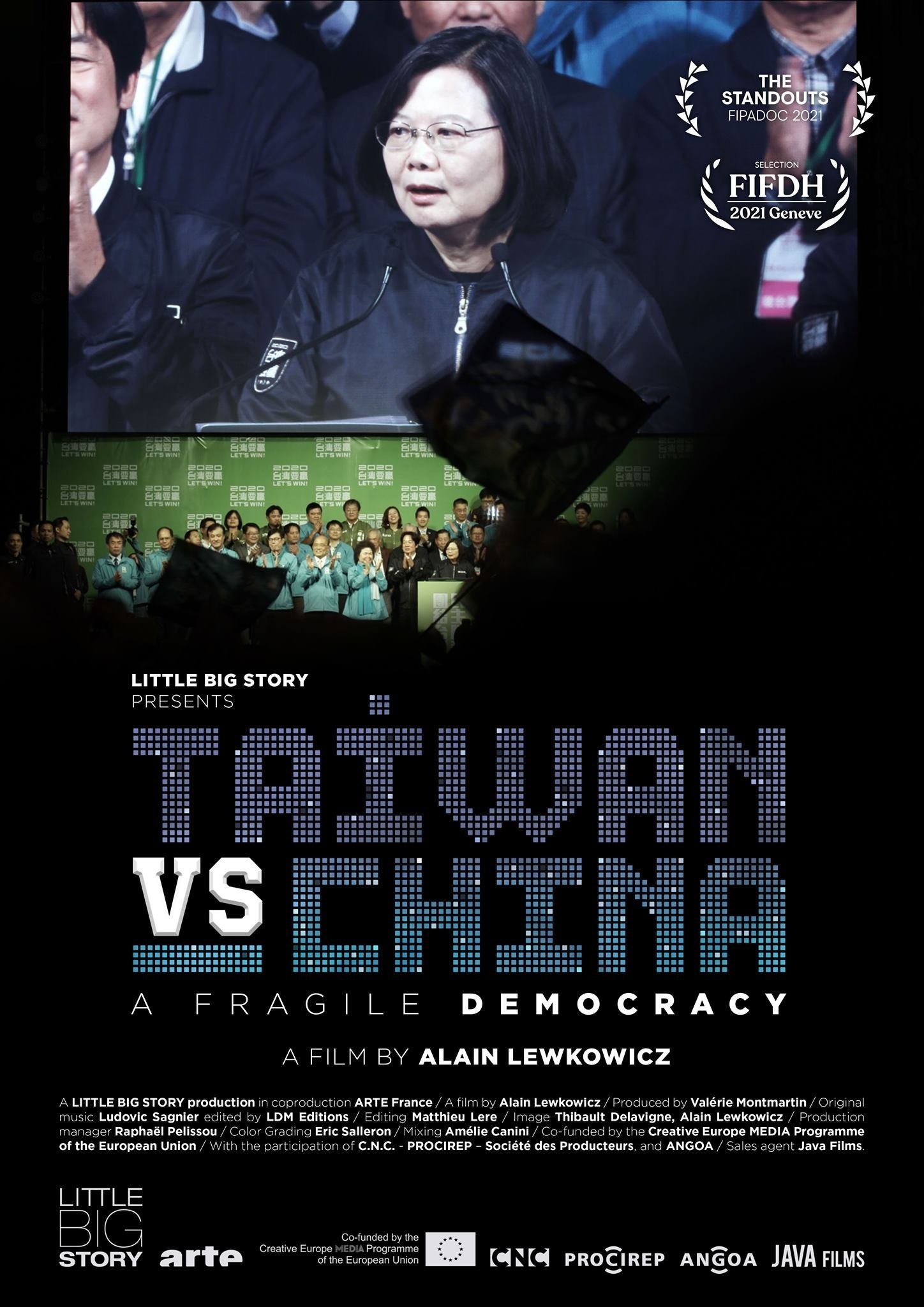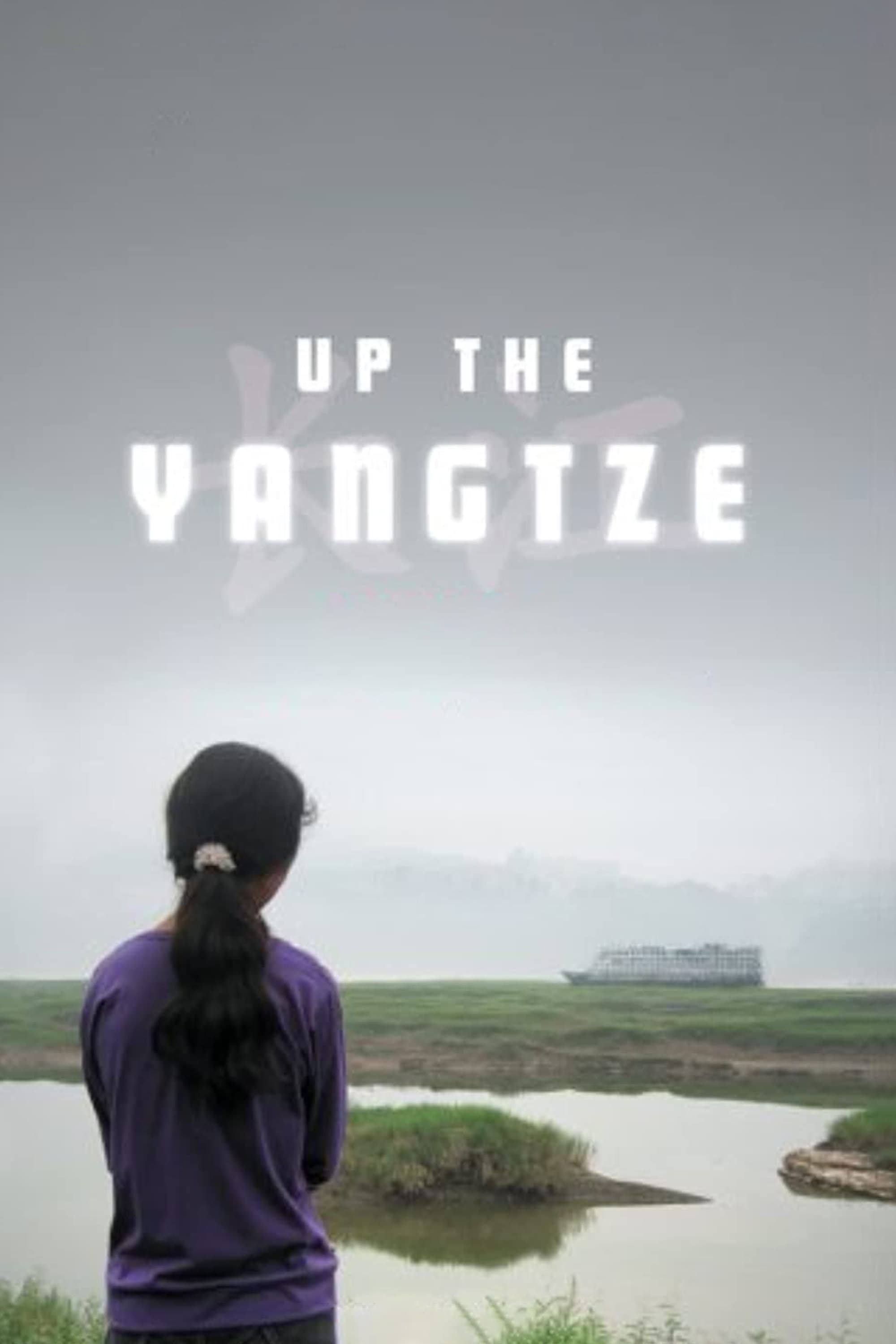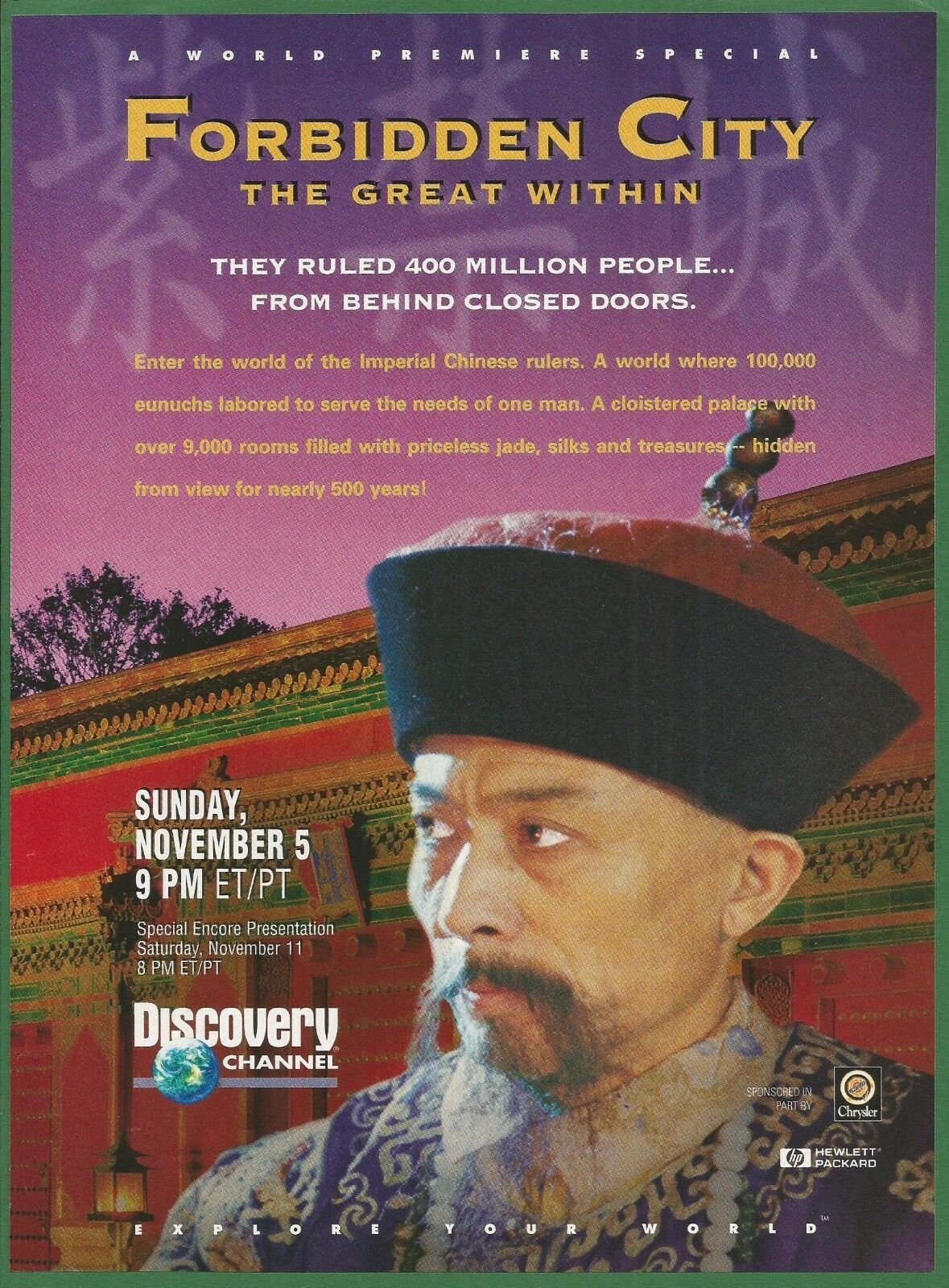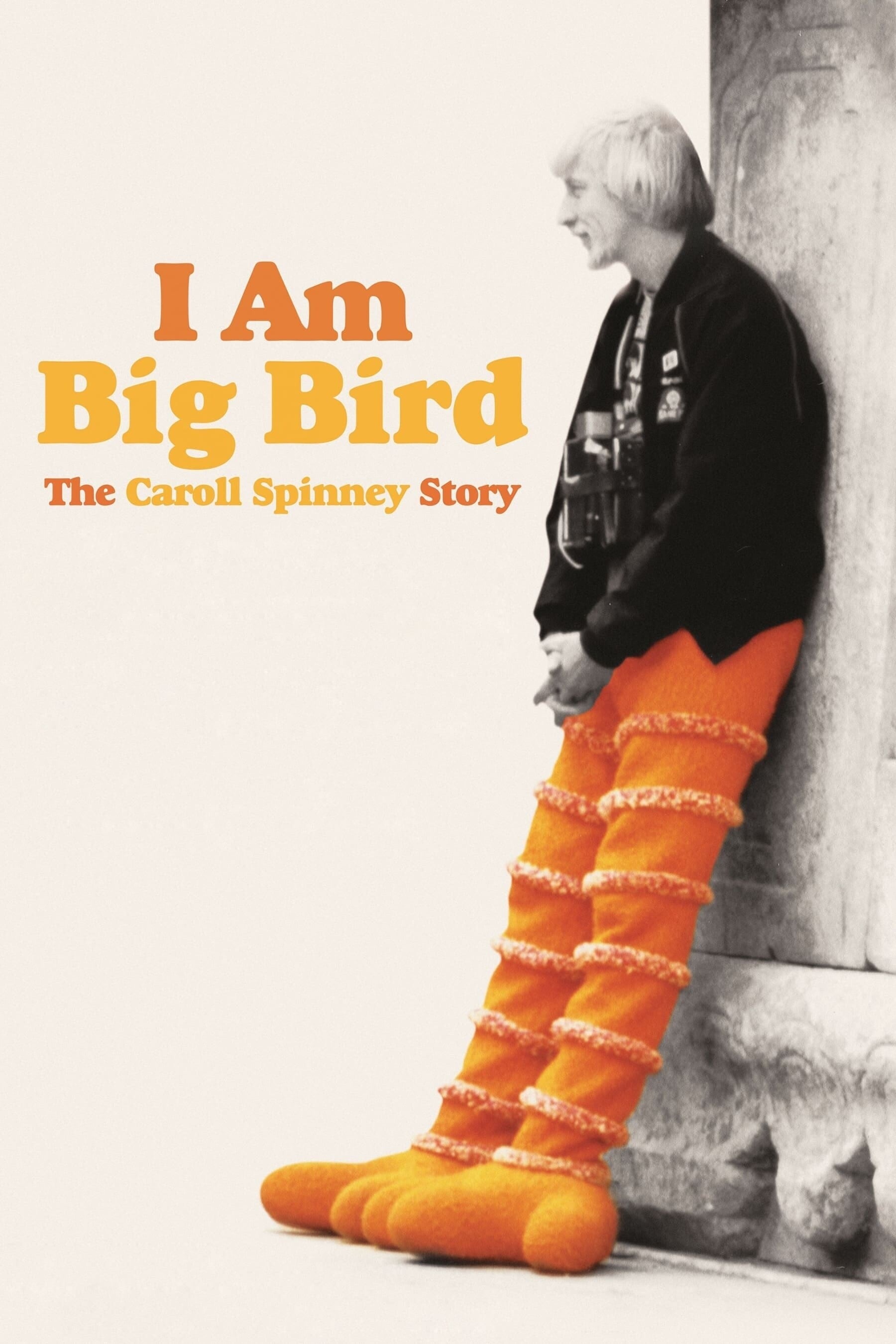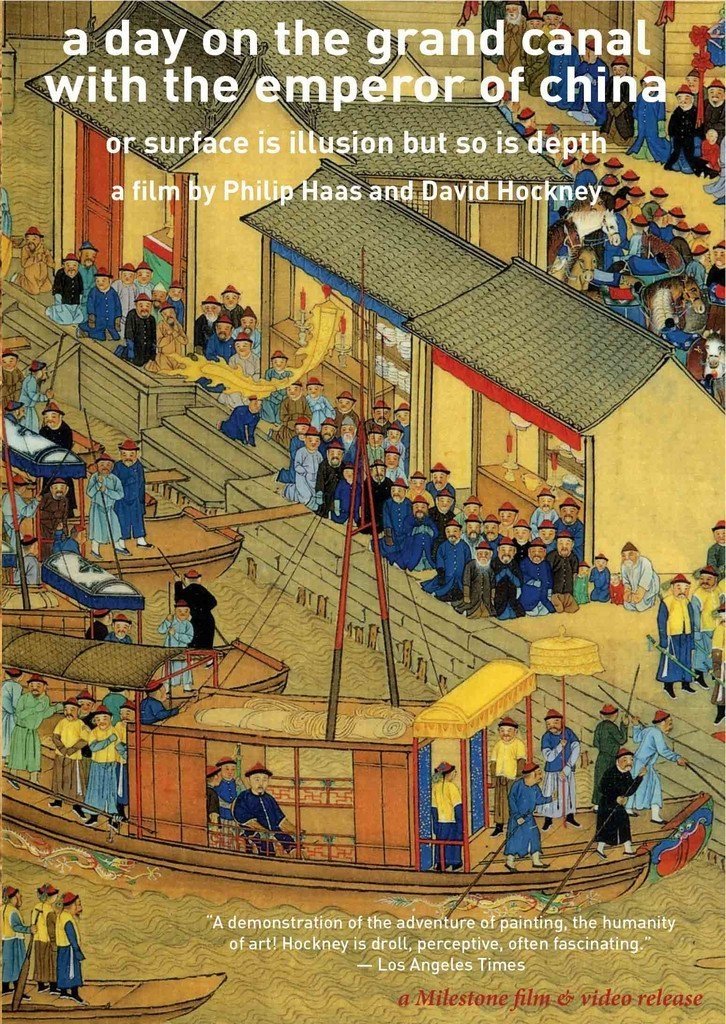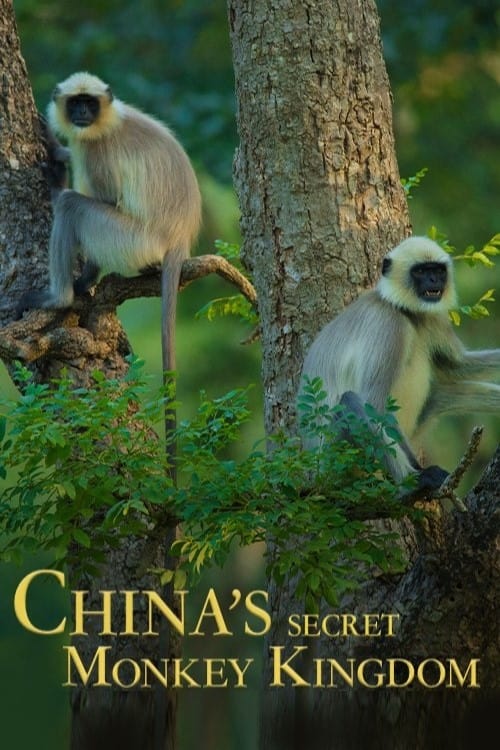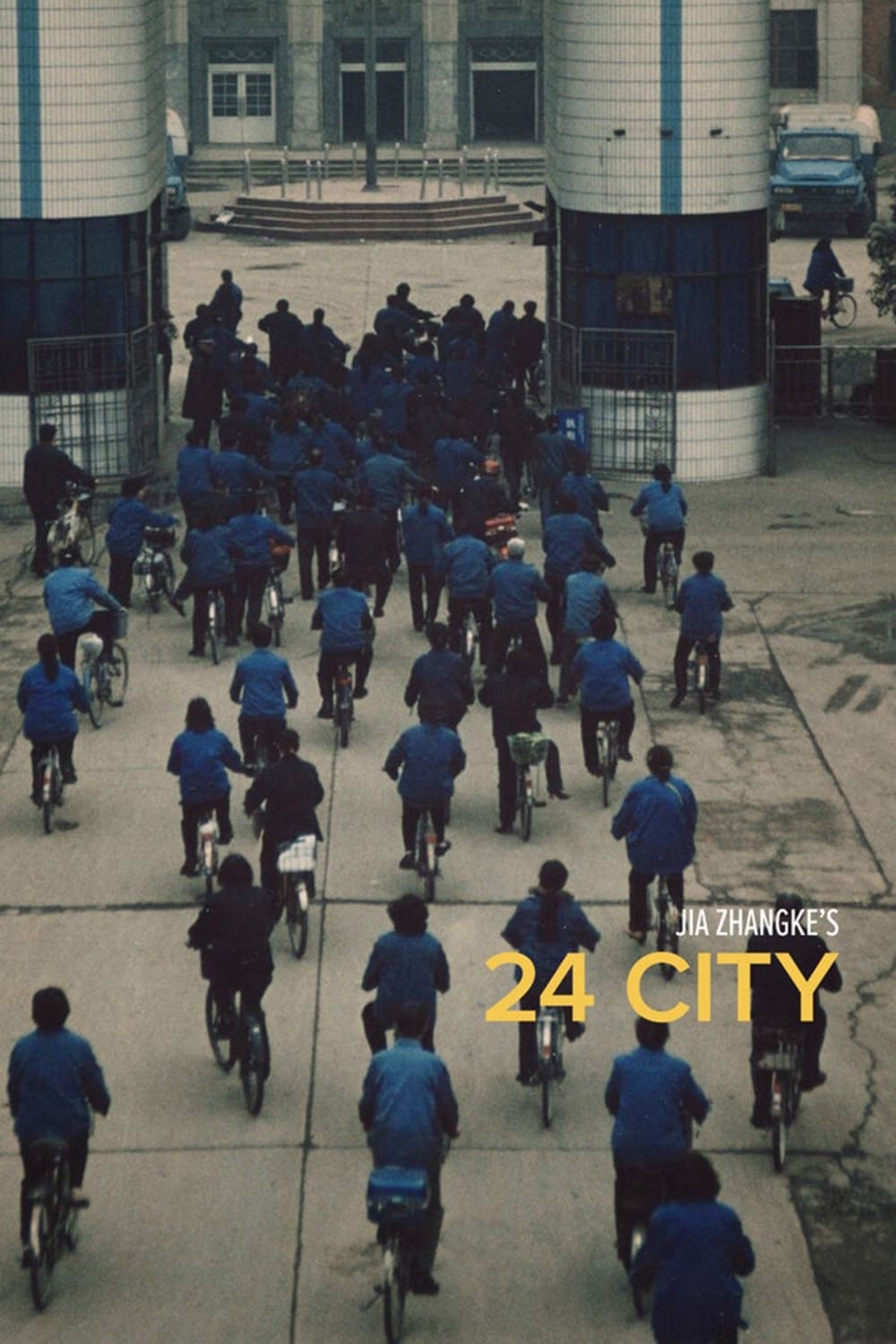
Overloaded Peking
Overloaded Peking
2002
0h 35m
0.0(0 votes)
Documentary
Overview
A documentary about Peking in the dawn of the new Millenium. Contains interviews with Jia Zhangke and dj Gaohu
Links & Resources
Social & External
Videos & Trailers
1 video
Cast & Crew
3 members
Directing
贾樟柯
Himself
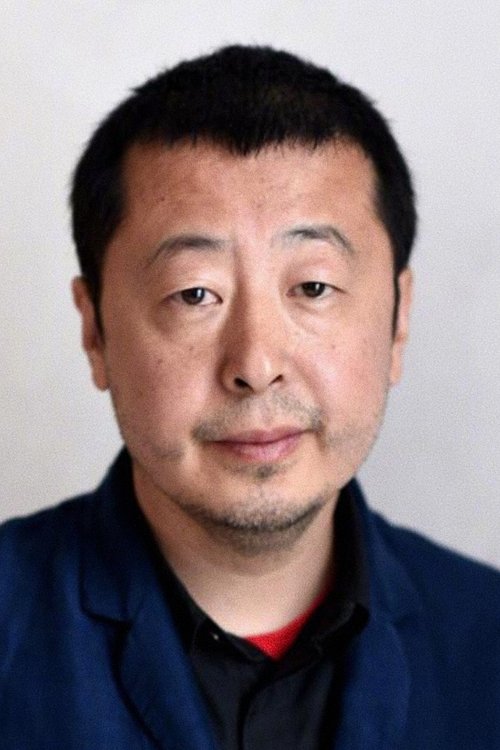
Acting
Dj Gaohu
Himself
No Image
Acting
Paolo Franciosi
Voice
No Image
